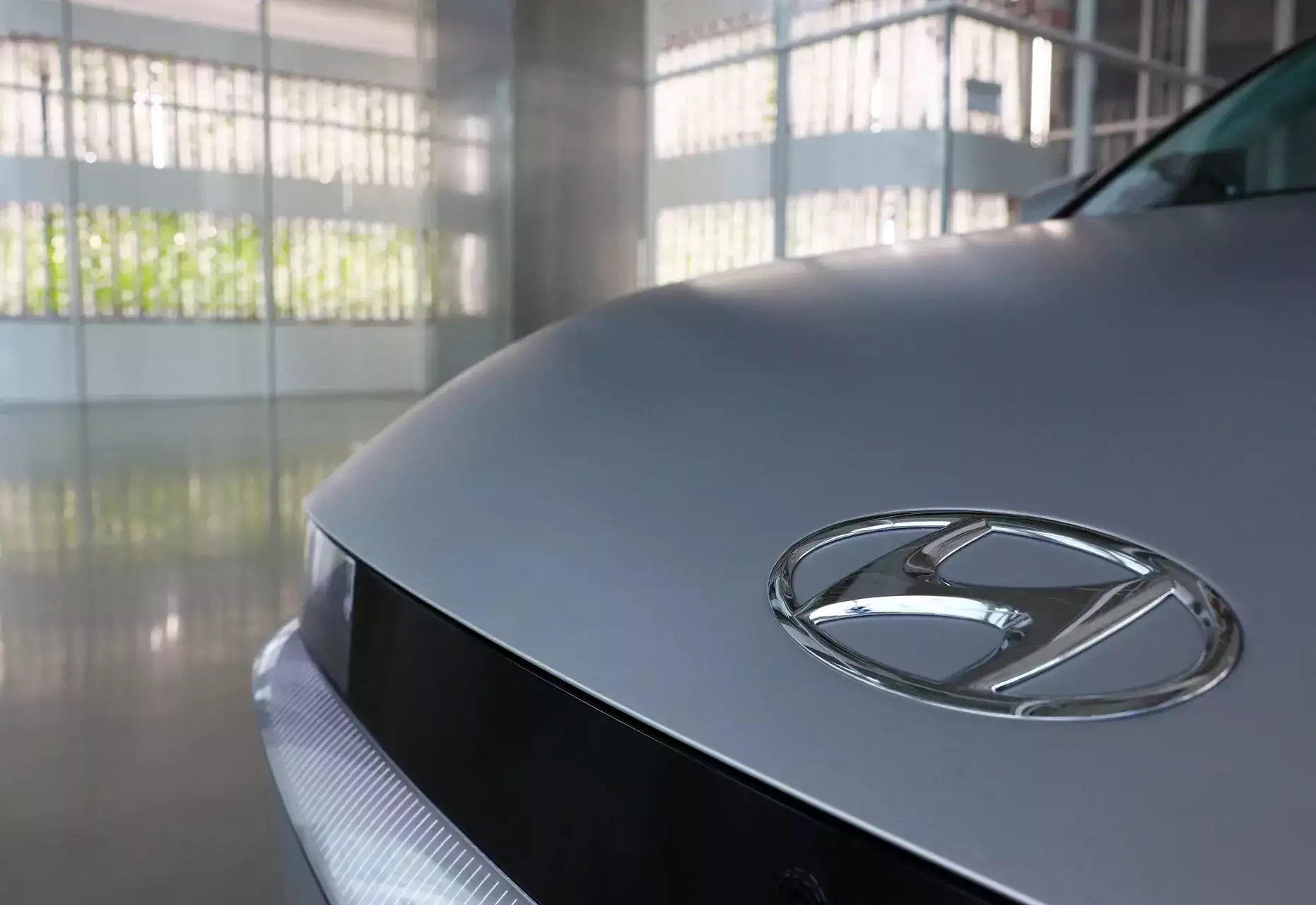
The company, which has invested nearly INR 30,000 crore in India since it began operations around 1996, has said stability in policy will be key to adapting confidently to the required technological upgrades mandated by govt.
"Another challenge that the industry is facing is frequent changes in policies, which make it difficult for auto industry stakeholders not only to ensure adherence but also commit investments," the company said in the Draft Red Herring Prospectus filed with market regulator Sebi. "Overall policy stability and transparency will be required going forward to ensure smooth technology transition and localisation in the country," the company said.
Hyundai has said it will invest a fresh INR 32,000 crore in India over the next few years, mainly towards launching electronics and creating the requisite component and changing infrastructure for the greens, apart from boosting its production capacity.
It said EVs will be a key focus area for the company and it will start localising the manufacturing of electrics for the mainstream, high-volume market.
However, the draft prospectus also expresses concerns over the localisation norms mandated by govt, which is pushing the growth of EVs. "Govt is encouraging localisation across sectors, especially in automotive sector via policies like PLI for automotive technology, PLI for advanced cell chemistry, phased manufacturing programme, atmanirbhar Bharat, and make in India. While the end goal of localisation is to reduce import dependence and bring down overall manufacturing costs, it also involves significant initial capital investments from several stakeholders within the automotive industry. While the government has designed the schemes to support investments by offering several subsidies and import duty benefits, there are still concerns around meeting the eligibility criteria and availing of the benefits," the company said.
It said that "simplification and better tracking of policies" will ensure localisation in India. "The progress of the vendors tied up with individual OEMs would also lead to a change in the risk profile of the industry from a supply-side perspective."
To maximise price competitiveness of its EV models, Hyundai said it intends to focus on securing local production capabilities for key parts such as cells, battery packs, power electronics, drivetrain and building a localised EV supply chain.
Disclaimer: The copyright of this article belongs to the original author. Reposting this article is solely for the purpose of information dissemination and does not constitute any investment advice. If there is any infringement, please contact us immediately. We will make corrections or deletions as necessary. Thank you.





